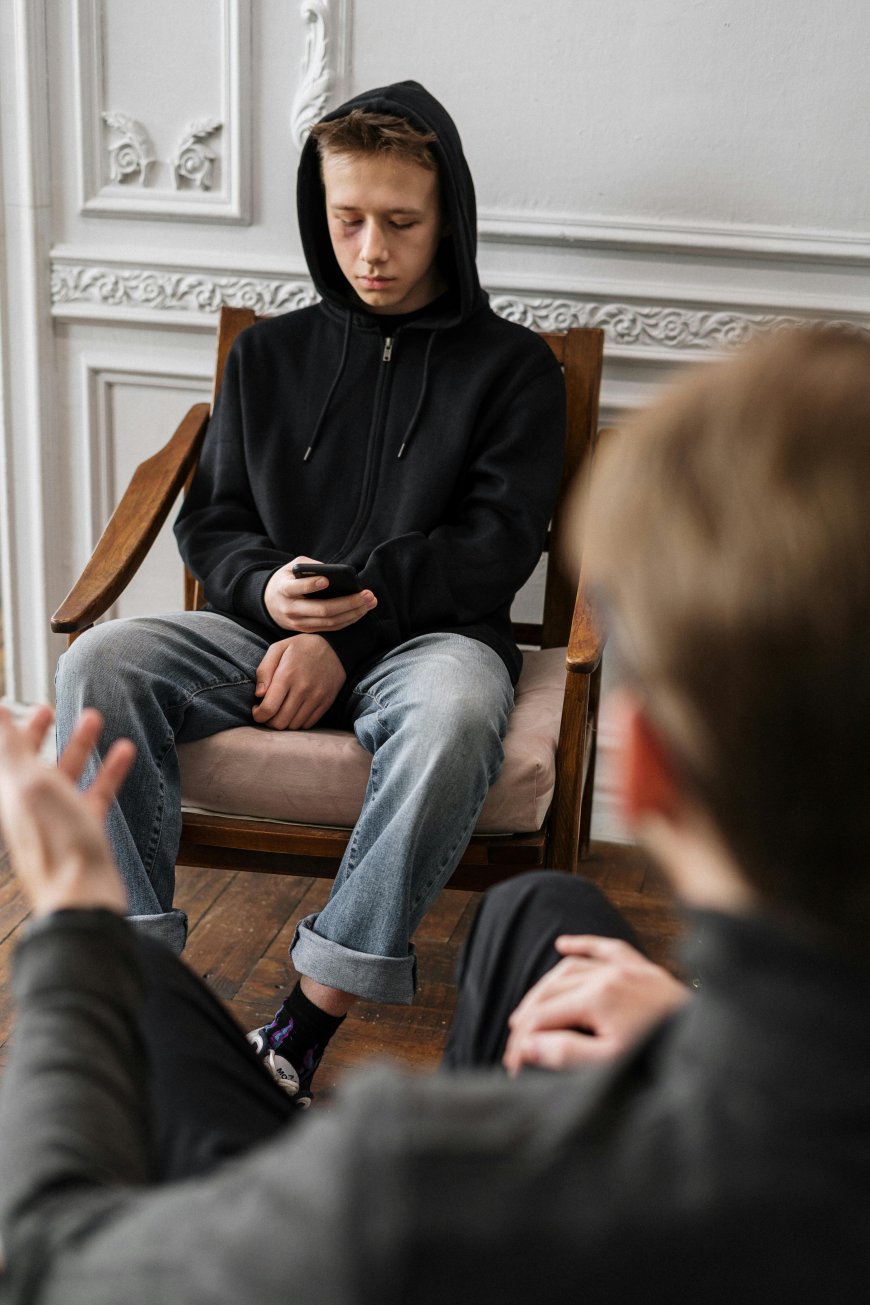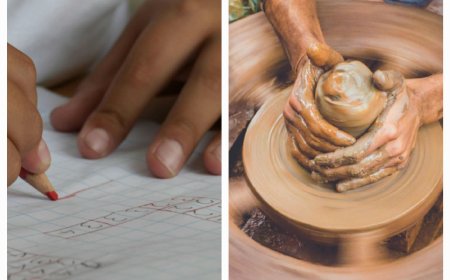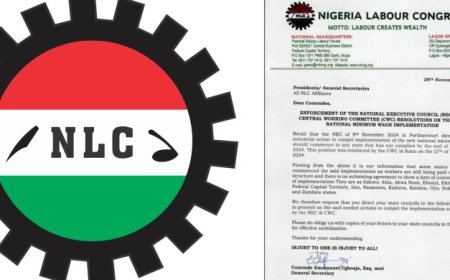BREAKING THE CYCLE OF GENERATIONAL TRAUMA: HEALING FROM FAMILY ABUSE
Breaking Generational Trauma: A Personal Story of Healing and Recovery This blog post shares a personal story of generational trauma, its effects on family dynamics, and the journey towards healing and recovery. It highlights the importance of acknowledging the presence of trauma, conscious parenting, healthy communication, self-care, and support networks in breaking the cycle of trauma. The story showcases the courage and resilience of an individual who confronted their family's painful history and chose a path of recovery, inspiring others to do the same.

The Holy Hill Hospital (2024) in a blog post defines generational trauma, also known as intergenerational or transgenerational trauma, as the psychological term for trauma that isn’t just experienced by one person but extends from one generation to the next.
The concept came to prominence when researchers began studying the children of Holocaust survivors. They observed that the trauma experienced by survivors manifested in their children, even though they had not experienced the traumatic events themselves. This spark up a critical examination of the different mechanisms through which trauma can be transmitted — parenting styles, emotional responses and even epigenetic changes.
I had the privilege of hearing a personal story from a close friend (who wishes to have an unidentifed personality due to some sensitive details). This individual will be referred to as Patrick in subsequent paragraphs. Patrick was the second of five in a family of seven. Being the first son, he faced quite a lot of stories he could look back on and want to world to share from.
“I grew up in a semi-urban area which had saw the day-to-day life of our neighbors as home, work and school for the kids. I wasn’t really open to the world because I was not the kind that loved play or being loud.” He began. We nodded our heads in confirmation to the numerous experiences we had that made us laugh. Most of the kids went to the nearest school from the house. Being a private school, its location saw a handful of my neighbors’ kids enroll as well.
“We knew them but didn’t speak with them, as they were the typical dancers of loud greetings and pleasantries” Patrick said.
In time, we became open to our mates in school, and it aided our relationship in school, academic- wise and morally wise. However, it became too obvious that Patrick and his siblings sometimes preferred to stay in school than be at home. They knew that going home meant a complete change of personality. “It was difficult at first, but it became a norm after some years. At some point, we didn’t even notice we switched our moods. The house wasn’t exactly a peaceful house as our ‘folks’, as we called them, were always neck-and-neck.” Patrick went further.
At this point, I expected Patrick to be a bit uneasy, and I was right. The story had begun to reach is core.
“Mom and dad always went toe to toe and more often than not, it always became physical, and in some cases, violent. It made me and my siblings shiver, and when the last born couldn’t handle it, she cried with her eyes full of sadness. It was so obvious that she wasn’t understanding what was going on, but the expression on our faces said a whole lot than words could ever do.” Patrick began again.
“These episodes occurred not too frequently, but the arguments were very constant. We didn’t really understand it till when we grew older, talking about our early teens stage. Then our father would always, after getting physical with our mom, say; “you people do not understand, as you grow older you will understand.” He added.
“When things started getting rough was when we saw a heated argument between two of us in school. I was so ashamed but I picked myself up and we swore we won’t ever do such again.” He added.
As we grew older, we got to meet our relations and then they each sat us down and spoke to us. then we had to grow up fast as we had learned to see that things were not as it looked. With time, we entered the university. Mind you, we didn’t really talk much among ourselves, except the usual roll call at home. There was this fear and sense of hatred, mixed with a bottle of depression. I was on the big side, or my maternal side, and my dad would always tease me about it. I would always cry despite being close to adulthood.
“The insults and mockery were depressing and it shattered my confidence a lot.” He continued.
The exact words from his mouth made me swallow spittle that felt I was passing a piece of rock down my throat
“I’ve thought about ending it all,” he said smiling
“A long story, but my aunt luckily reached out to me because I had told her I wasn’t seeing the point of anything anymore.” He added.
Patrick continued to discuss some personal details which he asked be not mentioned, and he concluded with some strong reassuring and to an extent healthier words.
“Speaking with my siblings, we knew what we had to do. We saw the good and the bad. It wasn’t always good, neither was it always bad. We decided to embrace and reject, not just for own health, but for the health and future of our own future separate families.” He said
“We love our parents so much and we thank God they have been able to get stronger and better. It might have taken them more than twenty years, but they are on a right path…” He finished.
Quite a breath-taker we have here, isn’t it?
The first step in breaking generational trauma is acknowledging its presence. This can be challenging, as it often requires confronting painful family histories and accepting that parents or other relatives may have been sources of trauma. I cannot begin to appreciate the courage it took Patrick to share his story, to inspire others to acknowledge the pain behind the trauma and work on a path to recovery. People can establish new patterns of behavior by consciously choosing to respond differently than their predecessors. This can include positive parenting techniques, healthy communication, and self-care practices.
Breaking generational trauma involves practical steps that can be incorporated into daily life. Mindfulness practices and regular self-reflection can help individuals become more aware of their triggers and responses. This awareness is crucial for changing ingrained patterns. A robust support network can provide emotional backing and accountability. This network might include friends, family, therapists or support groups. A very important step is self-care. Self-care is a vital practice for anyone breaking cycles of trauma. It reinforces the idea that one is deserving of health, happiness and well-being, countering any negative beliefs inherited through generational trauma.
In conclusion, Generational trauma is a profound and complex issue that requires compassion, understanding and concerted effort to overcome. By recognizing the signs, seeking help and committing to change, individuals and families can break the cycle of trauma and pave the way for a healthier and more hopeful future. If you suspect that generational trauma is affecting your life or the lives of those around you, don’t hesitate to reach out for support. Remember, breaking the cycle is not just about healing the individual—it’s about transforming the family narrative for generations to come.
What's Your Reaction?





































































































